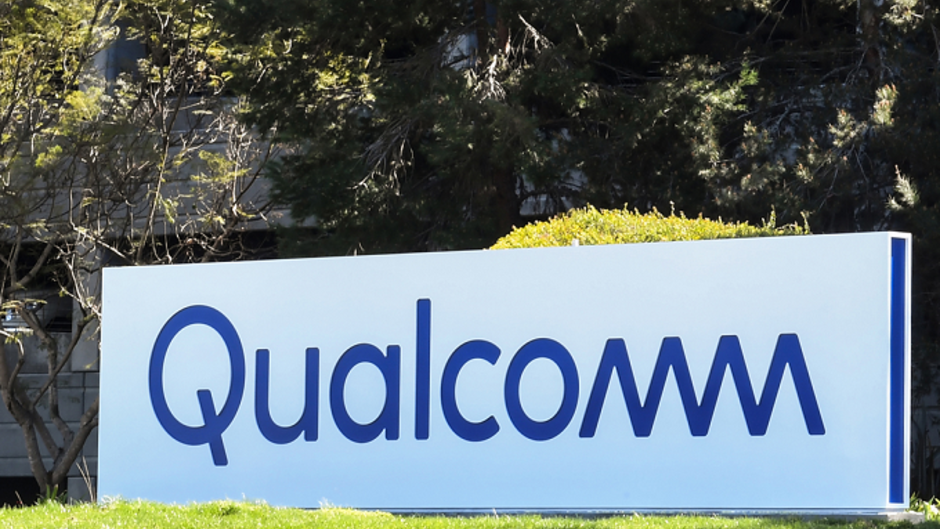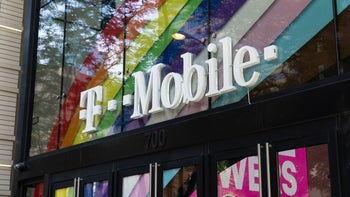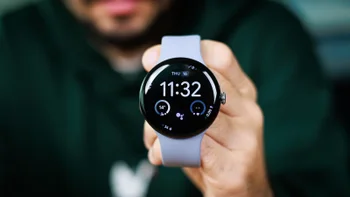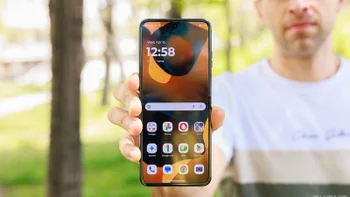Qualcomm posts $1.52 billion bond required to start the sales ban of older iPhone models in Germany

Back on December 20th, a court in Munich ruled that Apple had infringed on a Qualcomm patent and imposed an importation and sales ban in the country on the Apple iPhone 7 and iPhone 8. The court said that the chip designer's patent for a "Low-voltage power-efficient envelope tracker" was infringed by Apple supplier Qorvo. But before the sales ban could take effect in Germany, Qualcomm had to post a $1.52 billion bond.
Qualcomm posted the bond with the court today says Reuters, meaning that the ban can now begin. Apple says that it will remove older iPhone models from German stores, and it will also appeal the original court ruling. Despite Apple's decision to appeal, the importation and sales ban went into effect once the court received the bond from Qualcomm. The bond needs to be posted in case Apple wins the appeal and the ban is reversed. This way, it can be compensated for lost iPhone sales that were missed due to the ban.
Qualcomm, once a supplier of modem chips to the iPhone, also won a preliminary importation and sales ban against the iPhone in China. That order covers models from the iPhone 6s to the iPhone X, although Qualcomm wants to expand it to include the 2018 iPhone models. The court in China ruled that Apple infringed on a pair of Qualcomm patents related to software that resizes photos, and helps those with a touchscreen device manage their applications. Apple disseminated an update to iOS 12.1.2 that was supposed to have removed the offending software from the operating system, a claim that Qualcomm refuses to accept.
Apple and Qualcomm have sued each other a number of times, but more pressing for the latter is a trial that begins tomorrow. With judge Lucy Koh (famous for presiding over Apple v. Samsung) holding the gavel, the ruling of this case could force Qualcomm to change its entire business model. The FTC says that Qualcomm's current method of not requiring other chip makers to license its technology violates antitrust rules. Qualcomm gets paid by handset manufacturers based on a percentage of the entire retail price of a phone. Companies like Apple, Samsung and Intel argue that they should be charged a percentage of the value of any component inside a phone that uses Qualcomm's patent. Judge Koh has already ruled that Qualcomm's patents are standard essential and should be licensed on a Fair, Reasonable and Non-Discriminatory (FRAND) fashion.
Follow us on Google News













Things that are NOT allowed:
To help keep our community safe and free from spam, we apply temporary limits to newly created accounts: